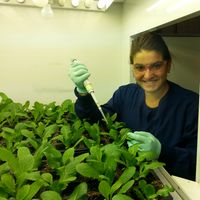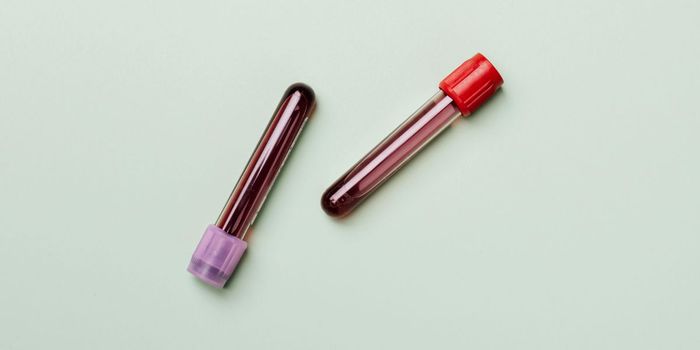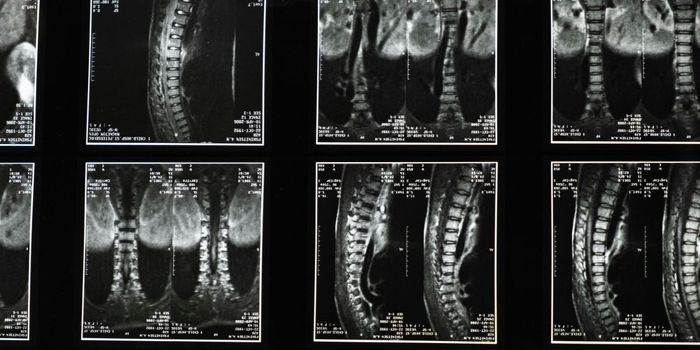A recent study conducted by scientists at Tufts University has linked the consumption of sugary beverages to 184,000 adult deaths per year including over 25,000 American deaths. The study was based on a dietary survey that collected data on the deaths and disabilities of more than 600,000 people in 2010. The study reports that consumption of sugary drinks is also responsible for 133,000 deaths related to diabetes, 45,000 deaths from cardiovascular disease and 6,450 from cancer. That means that approximately 1 in 100 deaths related to obesity are linked to the consumption of sugary beverages.

According to this study, the majority of deaths related to consumption of sugary beverages (75%) were from developing countries with Mexico having the highest mortality rate. The United States ranked fourth overall with 125 deaths per one million adults reported. The good news is that, in Mexico and the US, there has been a decline in the consumption of sugary beverages, specifically soda, over the last decade. Mexico attributes this decline to the implementation of a sugar tax on soft drinks.
The results of this study add to the mounting argument against the safety of soft drinks and sugary beverages. According to the Center for Science in The Public Interest (CSI), "Carbonated soft drinks are the single biggest source of calories in the American diet, providing about 7 percent of calories. Teenagers get 13 percent of their calories from carbonated and noncarbonated soft drinks."
In order to help reduce the consumption of soft drinks, the CSI recommends that chain restaurants declare calorie counts for soft drinks on menus as well as have health warning labels placed on soft drinks. CSI also recommends that water fountains should be provided in schools and other public spaces and halt the sale of soft drinks. It has also been suggested that a tax be placed on soft drinks in the US, however; this is a very controversial issue. With this information it is key that we continue to educate the general public on the effects of long-term consumption of sugary soft drinks and non-carbonated beverages.
Sources: US Food Safety Blog, Center For Science in the Public Interest









